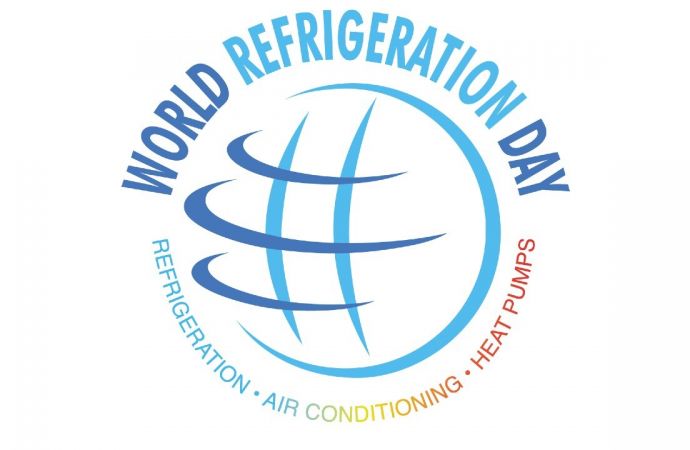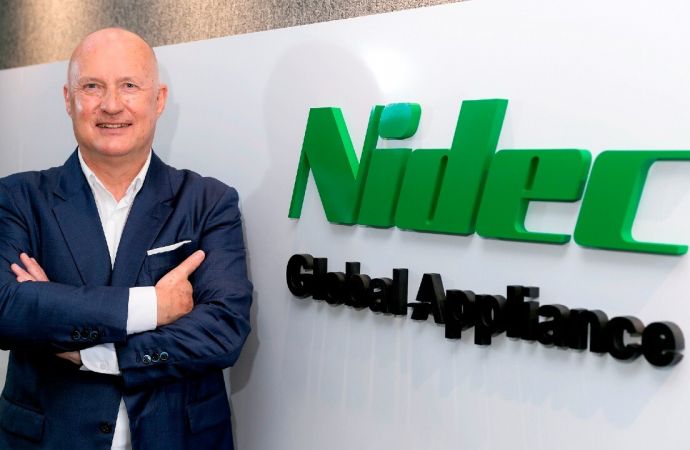A new study describes how the HFC phasedown could help mitigate the risk of uncontrollable climate change.

Even if humankind succeeds in reducing greenhouse gas emissions to the extent enshrined in the Paris Agreement, irreversible changes taking place on Earth will disrupt these efforts and trigger unsustainable levels of drought, according to a study published on Monday (6 August). But the HFC phasedown can help mitigate the risk, the researchers find.
Greenhouse gas emissions have already caused a 1°C rise in average temperatures on Earth, increasing the likelihood and intensity of heat waves, droughts or storms.
Yet average temperatures on Earth could stabilise at 4° C or 5°C above those of the pre-industrial era, well beyond the target of the Paris Agreement to limit the rise to an average of +2°C, according to the study, published in the journal Proceedings of the National Academy of Sciences (PNAS).
The study describes a set of interconnected mechanisms, including the melting of the ice caps, the dieback of forests, and the risk of permafrost thaw in Russia and Canada releasing 15 years of human emissions of CO2 and methane at once.
All these mechanisms are co-dependent, according to the authors, meaning one of them could trigger the other, and then another.
"These cascading events could push the Earth system as a whole into a new mode of operation," says study co-author Hans Joachim Schellnhuber, director of the Potsdam Institute for Climate Impact Research, who has previously warned that an Earth at +4°C or +5°C could not shelter more than a billion people.
The study also mentions hydrofluorocarbon (HFC) management as one of the solutions to help mitigate the effects of such a scenario.
Natural refrigerants to mitigate ‘Hothouse Earth’ effects
As reported earlier this year, a research paper published in March 2018 drew attention to an expected spike in worldwide demand for comfort cooling.
Researchers at Lawrence Berkeley National Laboratory estimate that the global stock of room air conditioners will rise by an additional 700 million by 2030, and 1.6 billion by 2059.
Many HVAC&R devices still use HFCs. Achieving the HFC phasedown objectives of the Kigali Amendment to the Montreal Protocol could avoid 100 gigatons of carbon dioxide-equivalent emissions by 2050 and prevent a global average temperature increase of 0.5°C by 2100.
Natural refrigerant-based equipment, a market-ready alternative to HFC systems, is energy-efficient and has a global warming potential (GWP) of near zero.
Without widespread uptake of natural refrigerants-based equipment, that study predicted that the total of CO2-equivalent emissions generated from HVAC&R equipment will almost double by 2030, reaching 30% of total carbon emissions.
If summer heat waves such as those currently being experienced in Europe become standard, then comfort cooling will play a crucial role in keeping safe the most vulnerable sections of the population, such as the elderly and young children.
‘Catastrophe scenario’ contested
Some commentators have already argued that the PNAS paper’s conclusions are too extreme in their predictions. Yet others insist that their conclusions are scientifically solid.
"As a result of human impacts on climate, the new paper argues that we've gone beyond any chance of the Earth cooling 'of its own accord'," Dr Phil Williamson from the University of East Anglia, UK, told the BBC.
"Together these effects could add an extra half a degree Celsius by the end of the century to the warming that we are directly responsible for ‒ thereby crossing thresholds and tipping points that seem likely to occur around 2°C, and committing the planet to irreversible further change as Hothouse Earth," Williamson said.
The BBC reports concern among some observers that the authors showed too much faith in humanity’s ability to grasp the seriousness of the problem.
"Given the evidence of human history, this would seem a naive hope," Professor Chris Rapley from University College London told the BBC News website.
"At a time of the widespread rise of right-wing populism, with its associated rejection of the messages of those perceived as 'cosmopolitan elites' and specific denial of climate change as an issue, the likelihood that the combination of factors necessary to allow humanity to navigate the planet to an acceptable 'intermediate state' must surely be close to zero," Rapley said.
Related stories




